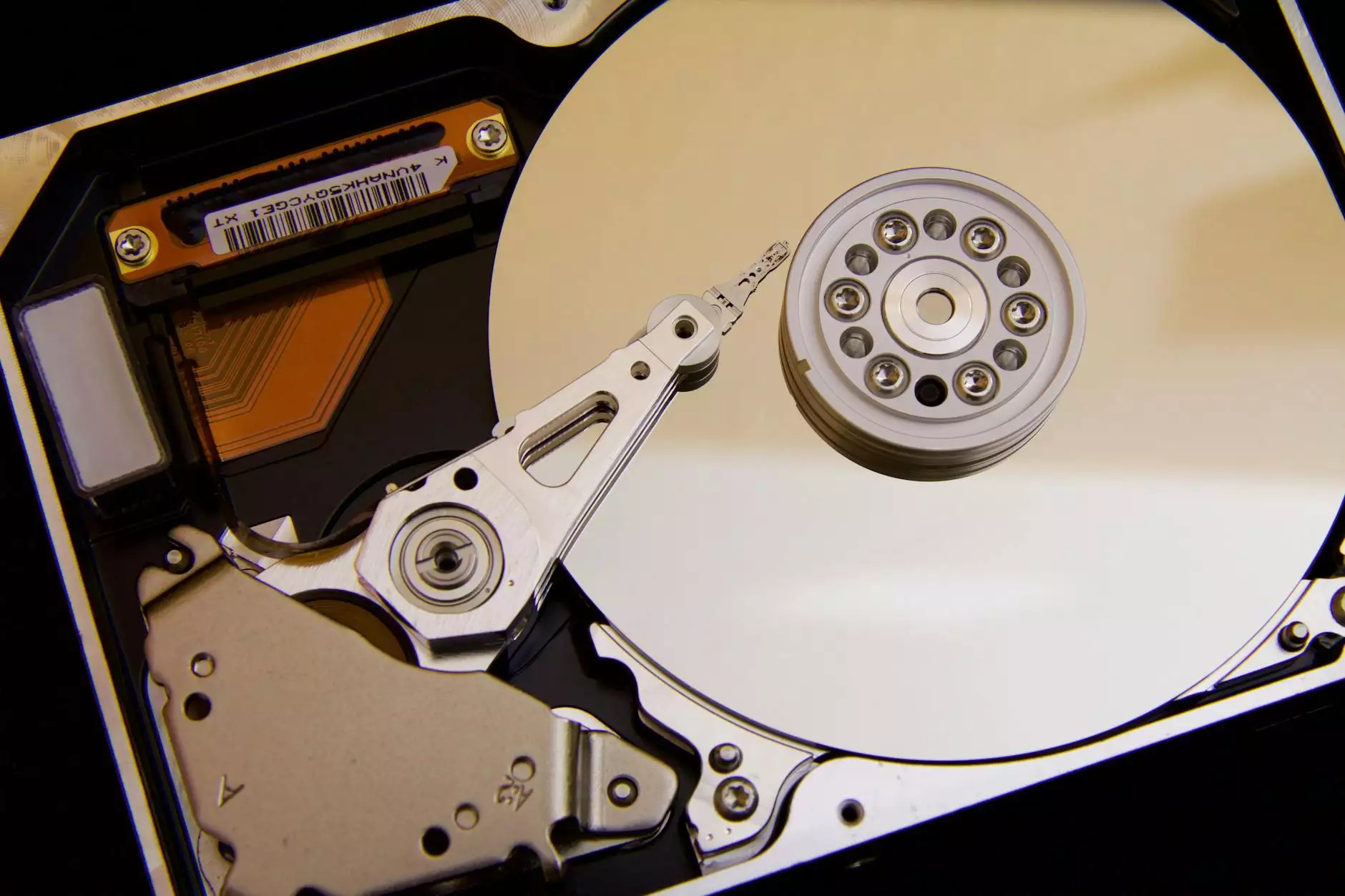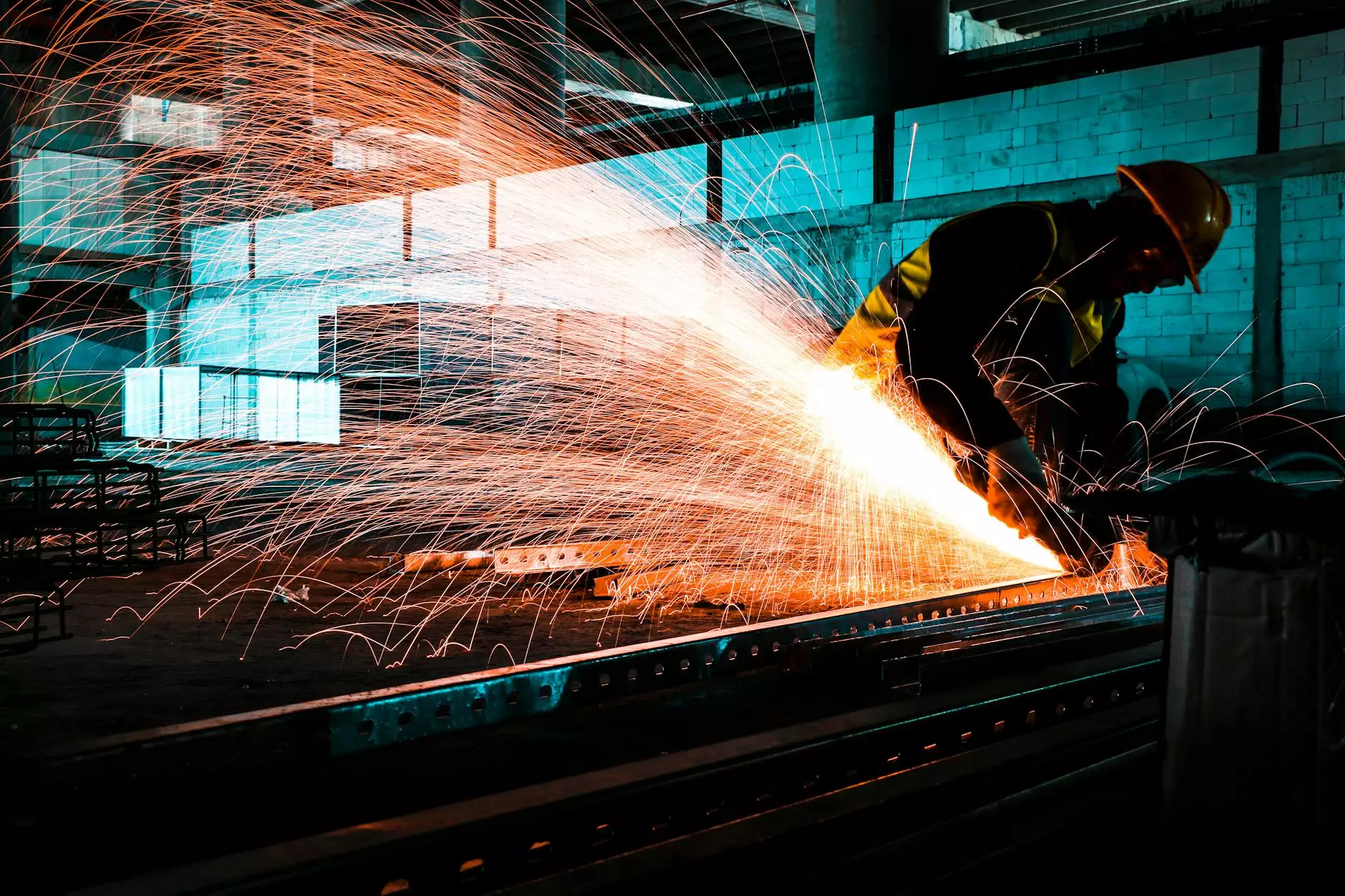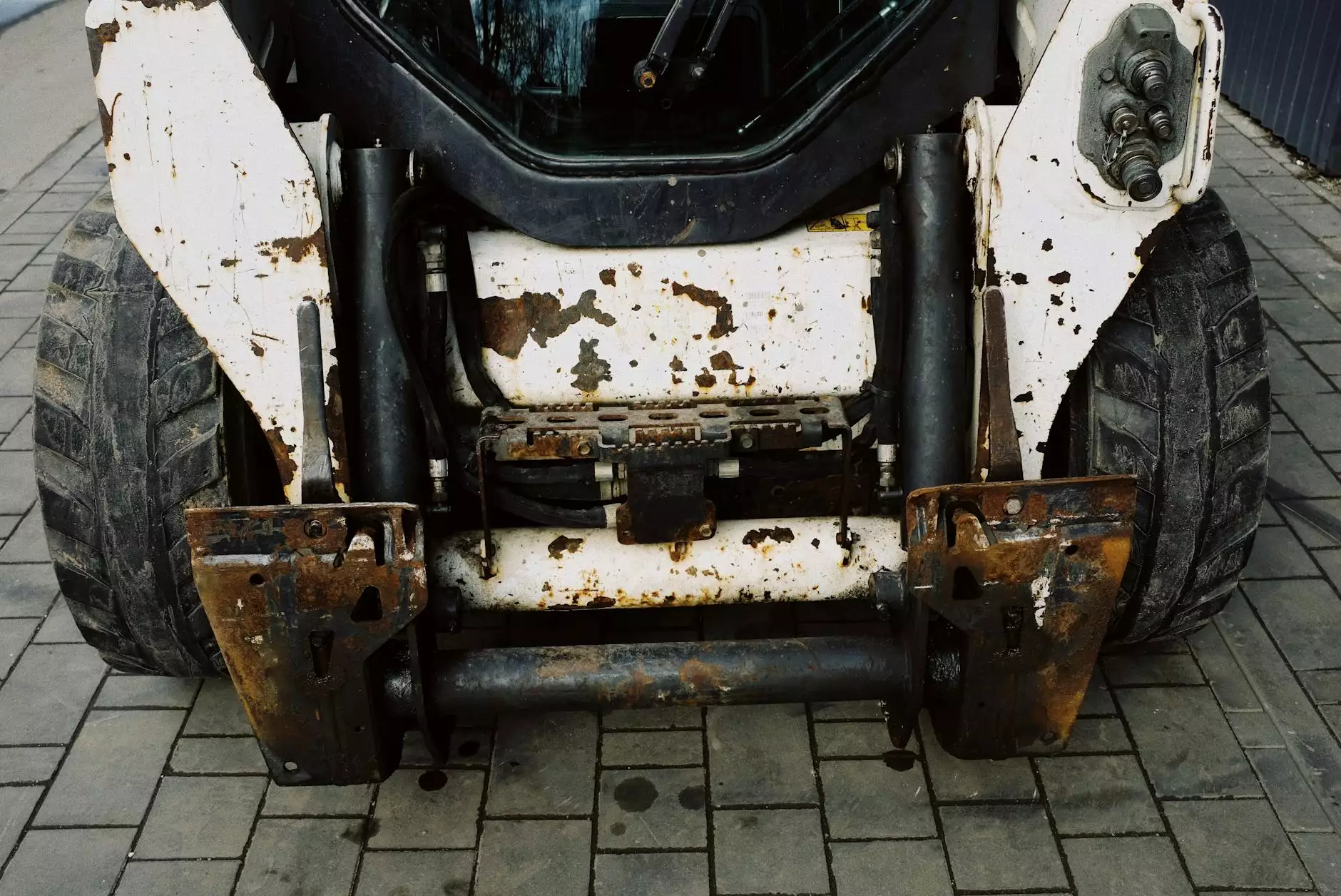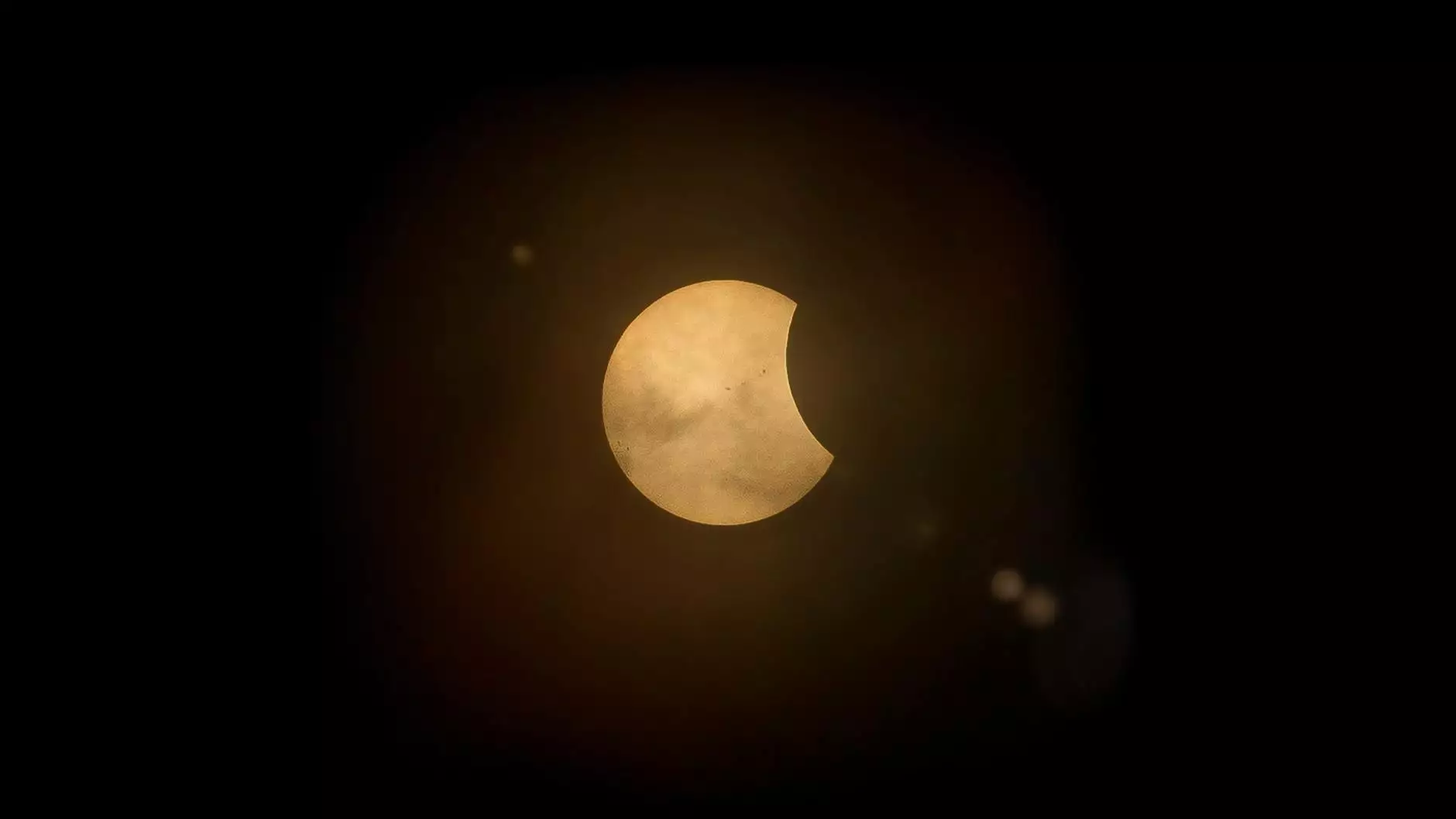The Environmental Impact of Artificial Grass

In today's fast-paced world, where environmental concerns are becoming increasingly important, it is crucial to explore sustainable solutions across various industries. The home and garden sector, specifically outdoor gear such as artificial turf, plays a significant role in the ecological footprint. At BestArtificialGrassDeals.com, we understand the importance of environmental awareness and offer eco-friendly solutions to our customers. In this article, we will delve into the environmental impact of artificial grass, highlighting its benefits, and explain why it is a valuable addition to your home and garden.
Understanding the Eco-Friendly Nature of Artificial Grass
Artificial grass, also known as synthetic turf, has gained popularity due to its low maintenance requirements and long-lasting appeal. However, it is often questioned for its environmental impact compared to natural grass. Let us set the record straight and shed light on the green aspects of artificial grass:
1. Conserving Water Resources
One of the most significant advantages of artificial grass is its ability to conserve water. Traditional lawns demand substantial amounts of water to maintain their lush appearance, especially in dry regions or during droughts. Alternatively, artificial grass eliminates the need for constant watering, minimizing water consumption and easing the strain on water supplies.
2. Reducing Chemical Usage
Natural lawns often require pesticides, herbicides, and fertilizers to keep them healthy and pest-free. Unfortunately, these chemicals can enter soil and water systems, posing risks to both humans and the wider ecosystem. With artificial grass, you can say goodbye to harmful chemicals and reduce the ecological impact of your outdoor space.
3. Eliminating Carbon Emissions
Maintaining natural grass involves regular mowing and the usage of gas-powered lawnmowers. These machines emit greenhouse gases that contribute to climate change. By installing artificial grass, you can significantly reduce carbon emissions associated with lawn maintenance, making it a greener choice for the environment.
The Impact on Biodiversity
Concerns have been raised about the impact of artificial grass on biodiversity, as it may not provide habitat for various living organisms. However, it's important to note that artificial grass can coexist harmoniously with natural surroundings while offering numerous ecological benefits:
1. Pollinator-Friendly Options
At BestArtificialGrassDeals.com, we offer artificial grass products that incorporate pollinator-friendly elements such as wildflowers. These additions help attract bees, butterflies, and other essential pollinators, supporting local ecosystems and fostering biodiversity even in urban spaces.
2. Preservation of Waterways
In areas where natural grass lawns are adjacent to waterways, the excessive use of chemicals and fertilizers can lead to water pollution through runoff. By opting for artificial grass, you minimize this risk, as it does not require chemical treatments. This proactive approach contributes to the preservation of water quality and the protection of aquatic life.
Long-Term Benefits for the Environment
Beyond the immediate advantages, artificial grass offers several long-term benefits that contribute to a healthier planet:
1. Reduced Energy Usage
Since artificial grass requires minimal maintenance, it eliminates the need for energy-intensive activities such as watering, mowing, and the usage of powered gardening tools. This reduction in energy consumption helps decrease the overall carbon footprint and conserves valuable resources.
2. Slowing Down Urban Heat Island Effect
Urban areas experience the urban heat island effect, where the abundance of concrete and asphalt surfaces increases temperatures. Natural grass can help counteract this effect, but artificial grass also plays a role by reducing the amount of paved surfaces. By choosing our artificial grass products, you contribute to cooler urban environments and improved air quality.
3. Longevity and Durability
Artificial grass, when properly installed and maintained, can last for years, reducing the consumption of materials required for regular lawn replacements. Its durability contributes to waste reduction, creating a more sustainable approach to outdoor landscaping.
Conclusion: Making a Positive Impact
When considering the environmental impact of artificial grass, it becomes evident that the benefits outweigh potential concerns. With its water conservation, reduced chemical usage, and positive contributions to biodiversity, artificial grass is an eco-friendly choice for your home and garden. It offers long-term advantages, such as reduced energy usage and mitigating the urban heat island effect, ultimately making a positive impact on the environment.
At BestArtificialGrassDeals.com, we pride ourselves on providing high-quality artificial grass that not only enhances the aesthetic appeal of your outdoor space but also aligns with your sustainable values. Choose our eco-friendly artificial turf products and contribute to a greener future.









